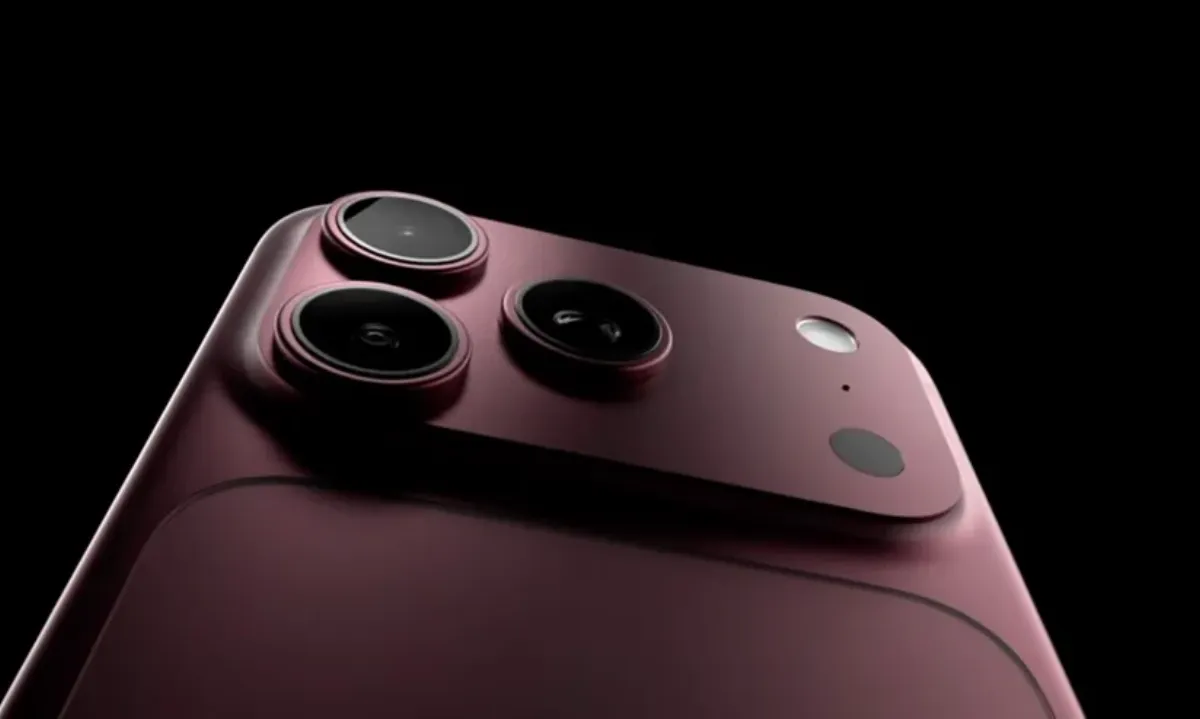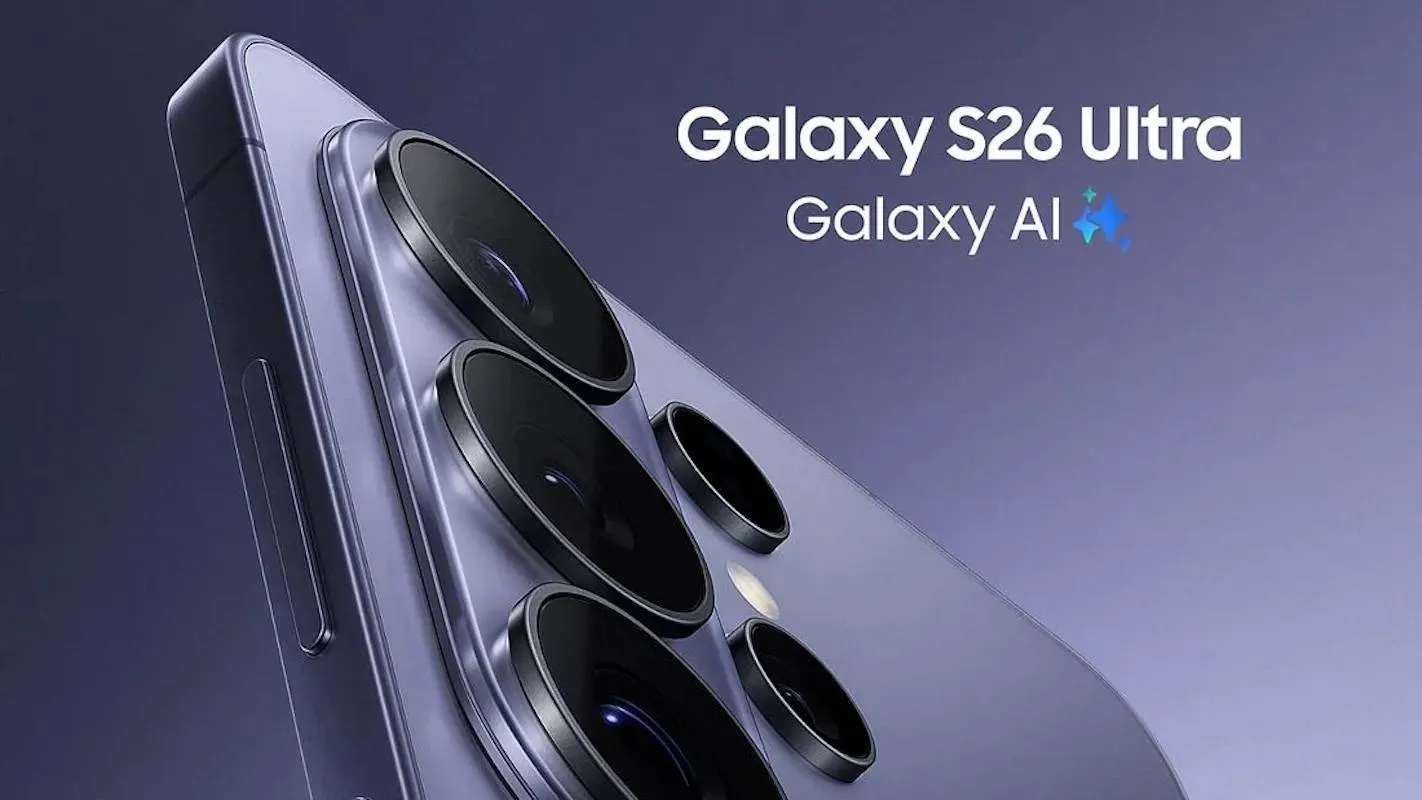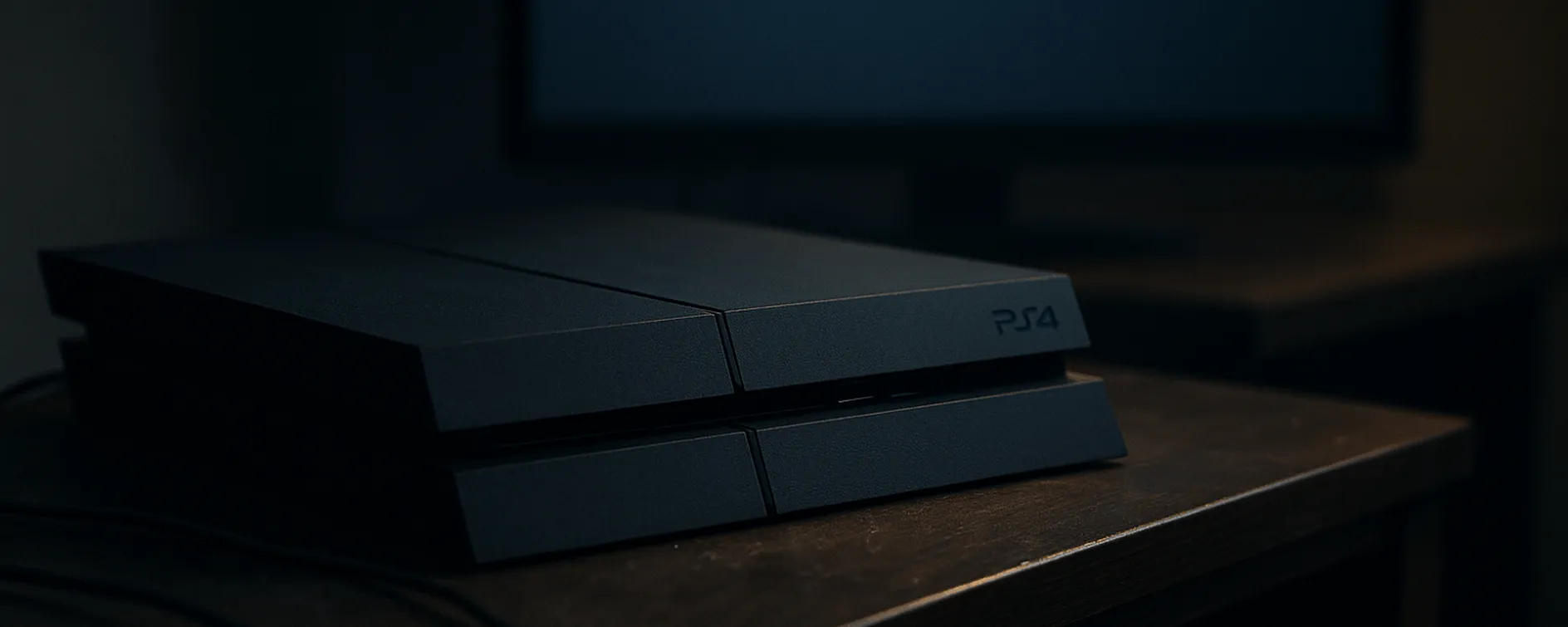Android 15 Private Space: Unlock Hidden Features for App & Notification Privacy
TechFriday, 12 April 2024 at 22:11
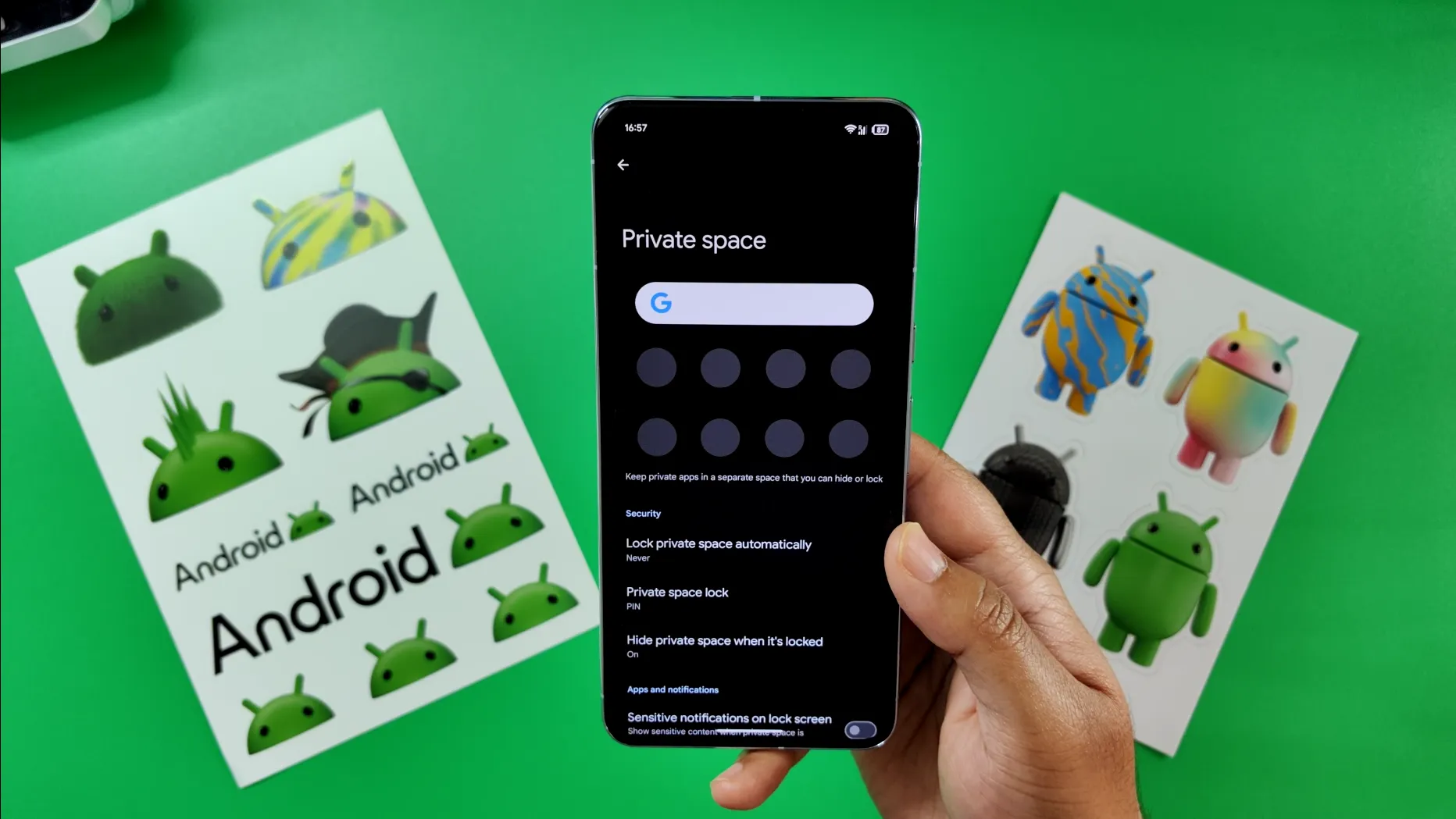
Private Space sounds like a promising addition to Android 15! The ability to create a separate, locked profile for installing apps and hiding it when needed adds an extra layer of privacy and security to the Android experience. Even though this feature is already available on phone brands like Huawei, Google is now introducing it to the general Android user.
That's an interesting development. It is recommended that users create a dedicated Google account for Private Space. This will be a smart move to ensure better separation between the main profile and the private space. It adds an extra layer of privacy and security by keeping personal data and app usage separate. What other details have emerged about the setup flow and functionality of Private Space in Android 15?
These additional details provide valuable insights into how Private Space will function and the considerations users need to keep in mind when using it. Preinstalling the Google Play Store in the private space simplifies the setup process and ensures users have access to a wide range of apps right from the start.
Why Users Can't Transfer Android 15 Private Space Account to other Devices

The inability to transfer the private space to another device highlights the importance of setting it up thoughtfully and ensuring it meets the user's long-term needs. It also reinforces the idea that Private Space is designed to be a localized solution for privacy and security concerns on a single device.
The warning about potential access to the private space by connecting the device to a PC or installing harmful apps underscores the need for users to be vigilant about their device's security. The additional verification when connecting to a PC adds an extra layer of protection against unauthorized access.
Overall, these details suggest that Google is taking privacy and security seriously with the implementation of Private Space in Android 15, providing users with more control over their personal data and app usage.
Creating a separate Google account for the private space ensures that the user's data and activities within that space remain isolated from their primary account. This is crucial for maintaining privacy and preventing potential data leaks to external sources. By segregating certain actions and data within the private space, users can have more confidence in the security of their personal information.
Android 15 Private Space Security
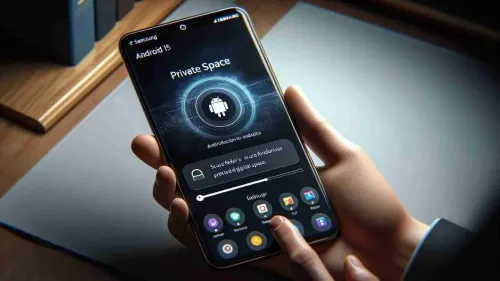
The option to choose a new screen lock for the private space adds an extra layer of security, allowing users to tailor their access controls to their specific preferences. Whether opting for a new PIN, pattern, password, or fingerprint authentication, users can customize their security measures to suit their needs and preferences while ensuring robust protection for their private space.
Accessing the settings for your Private Space allows for fine-tuning its behavior and security measures to align with your preferences and usage patterns. Here's a breakdown of the available options:
1. Automatic Locking: Configure when the Private Space locks automatically to enhance security and privacy when not in use.
2. Screen Lock Change: Modify the screen lock method used to unlock your Private Space, ensuring personalized security measures.
3. Automatic Hiding: Opt to automatically hide the Private Space from your app list when it's locked, providing an additional layer of discretion and privacy.
4. Sensitive Notifications: Customize whether sensitive notifications should display on the lock screen when the Private Space unlocks, balancing convenience with privacy considerations.
5. Delete Private Space: Choose to delete the Private Space entirely if you no longer need it or if you wish to reset its configuration.
By adjusting these settings, users can tailor their Private Space experience to meet their specific security and privacy requirements while ensuring seamless integration into their daily usage habits.
Android 15 Private Space Privacy Controls

The addition of new settings for automatic locking and sensitive notifications on the lock screen enhances the flexibility and security of the Private Space feature, empowering users to finely tune their privacy preferences according to their needs.
Moreover, the integration of Pixel Launcher support for quickly installing apps directly into the Private Space streamlines the process of populating and managing the private profile, simplifying the user experience and facilitating seamless transitions between the primary and private profiles. This streamlined functionality contributes to a more efficient and intuitive usage of the Private Space feature within the Android ecosystem.
Indeed, the significant integration of the Private Space feature with the Pixel Launcher app suggests a strong possibility of its rollout as a user-facing feature for Pixel users in the stable Android 15 release. While the feature isn't active in the latest developer previews or beta releases, its inclusion in the Pixel Launcher hints at Google's intention to bring it to fruition.
Given the attention to detail in refining the setup flow and incorporating additional settings for enhanced privacy and convenience, it's likely that Google is committed to delivering the Private Space feature to Pixel users. However, as with any feature under development, there's always a degree of uncertainty until it officially launches. Nevertheless, if Google follows through, Pixel users can look forward to seamlessly enjoying advanced privacy functionality without the need for third-party apps.
Conclusion
Android 15's Private Space is a promising privacy addition. It creates a separate profile for apps, hidden when needed. While similar to features on other phones, Private Space offers a dedicated Google account option for enhanced isolation. Initial details reveal a streamlined setup process with pre-installed Play Store access. Security is emphasized with separate screen lock options and warnings about potential risks. Overall, Private Space suggests Google's growing focus on user privacy and control.
Loading
